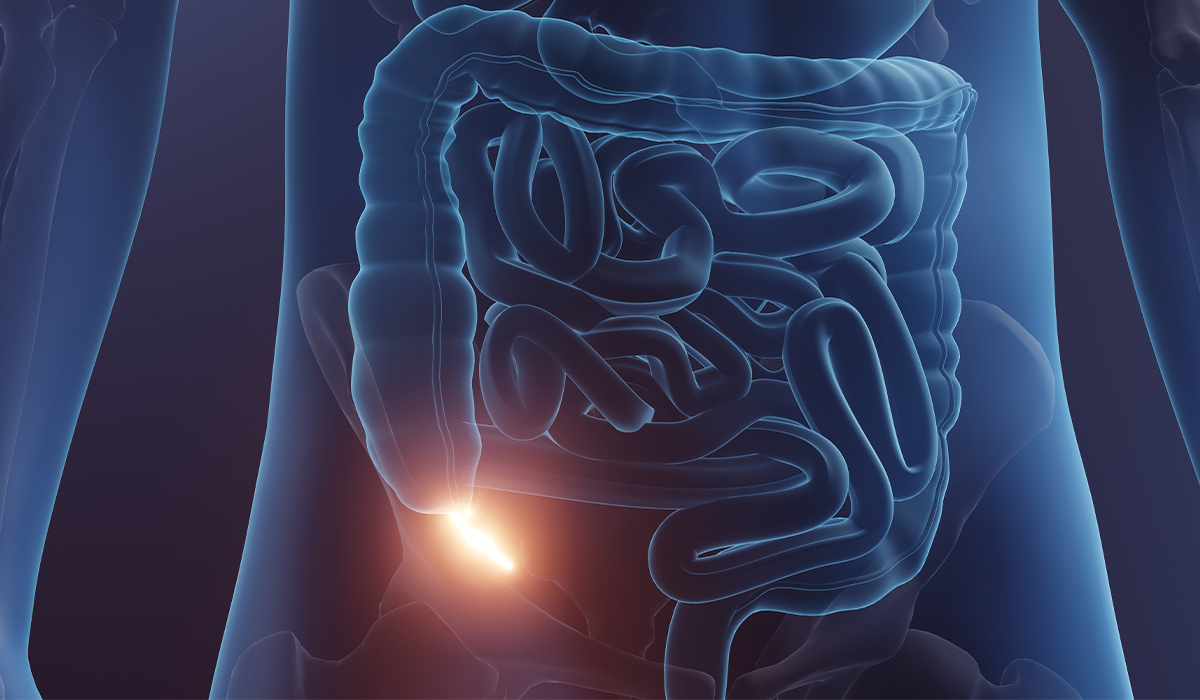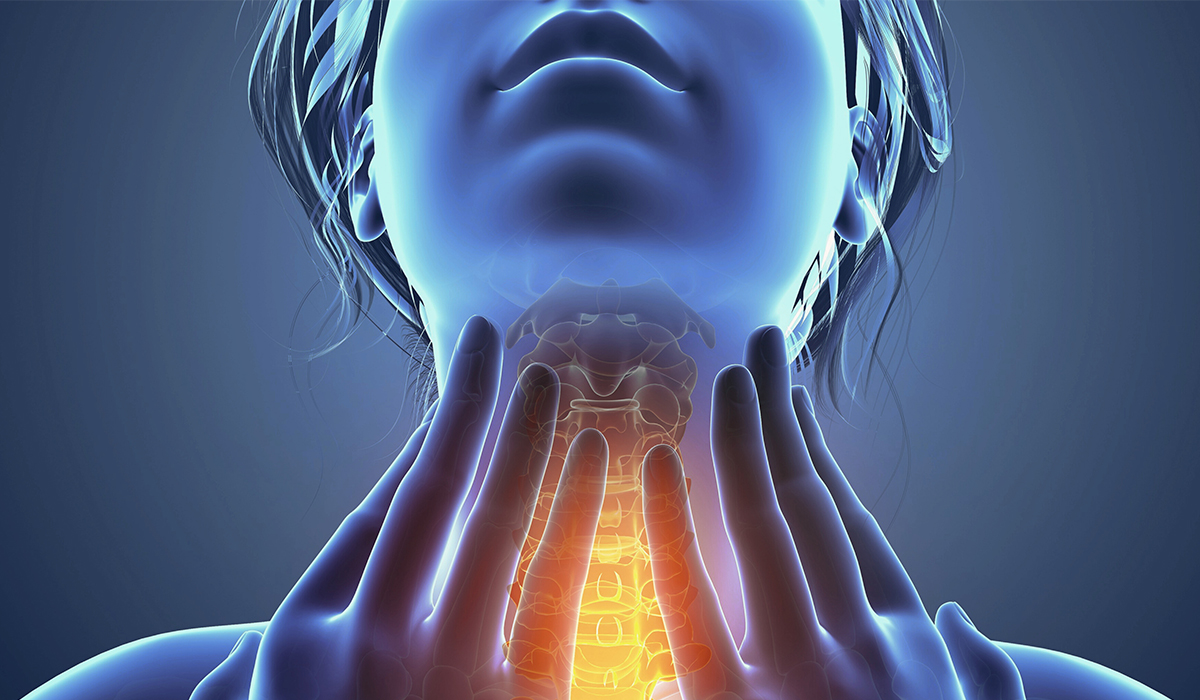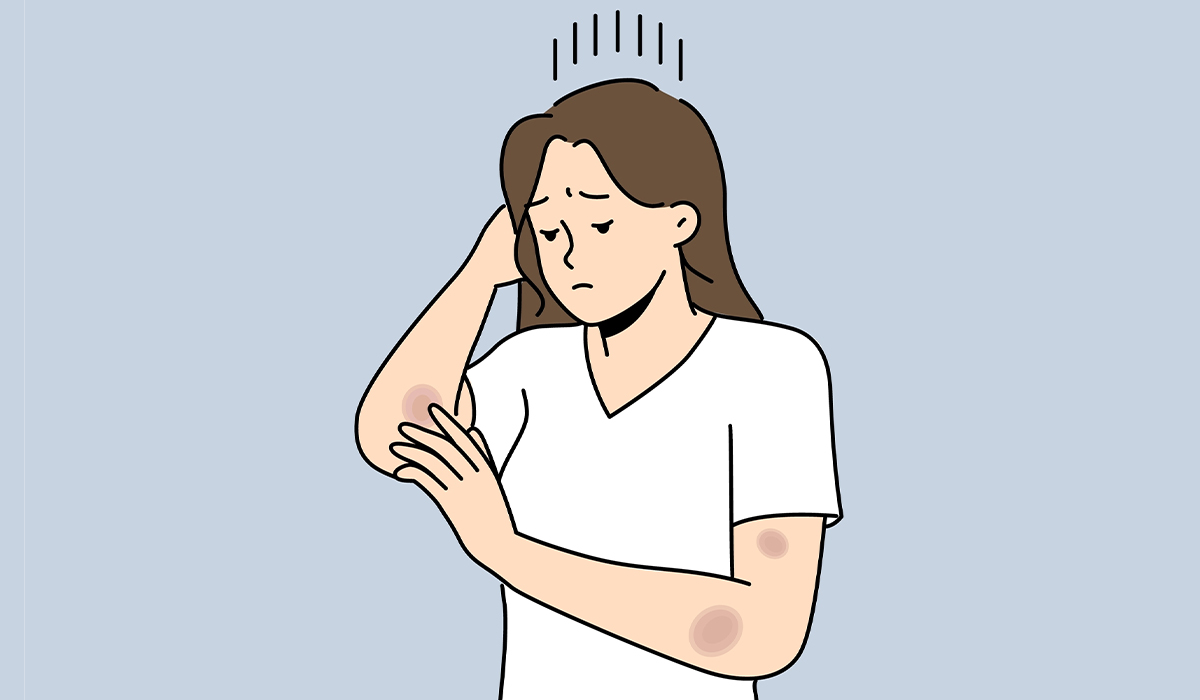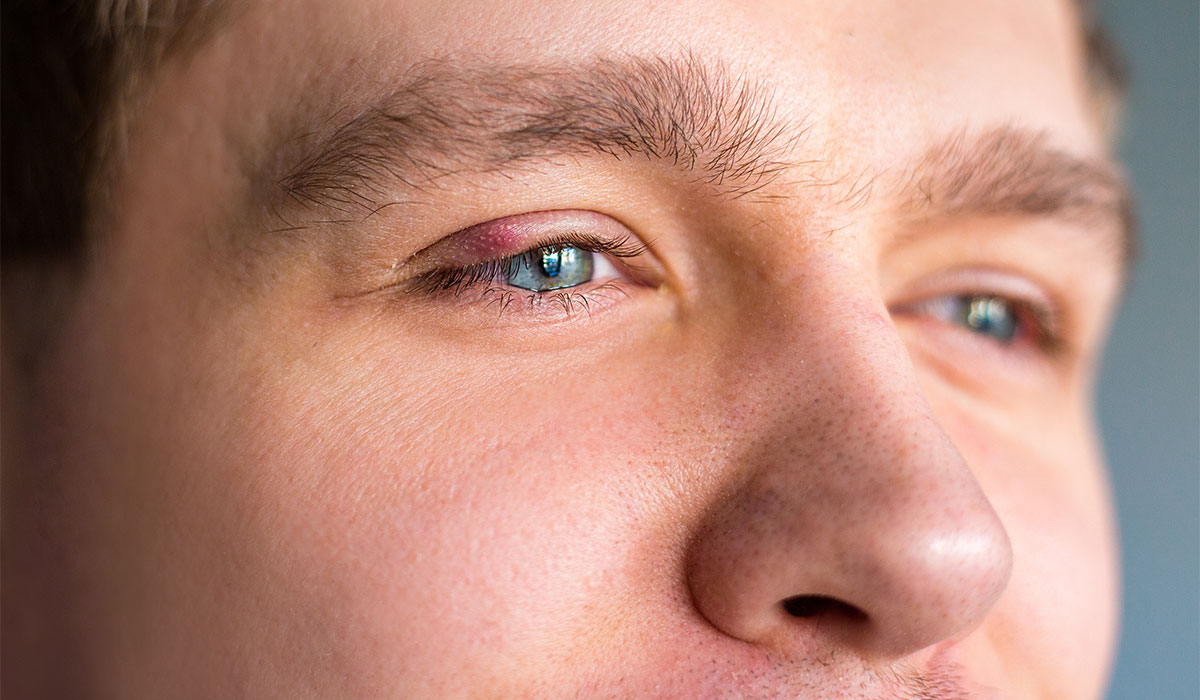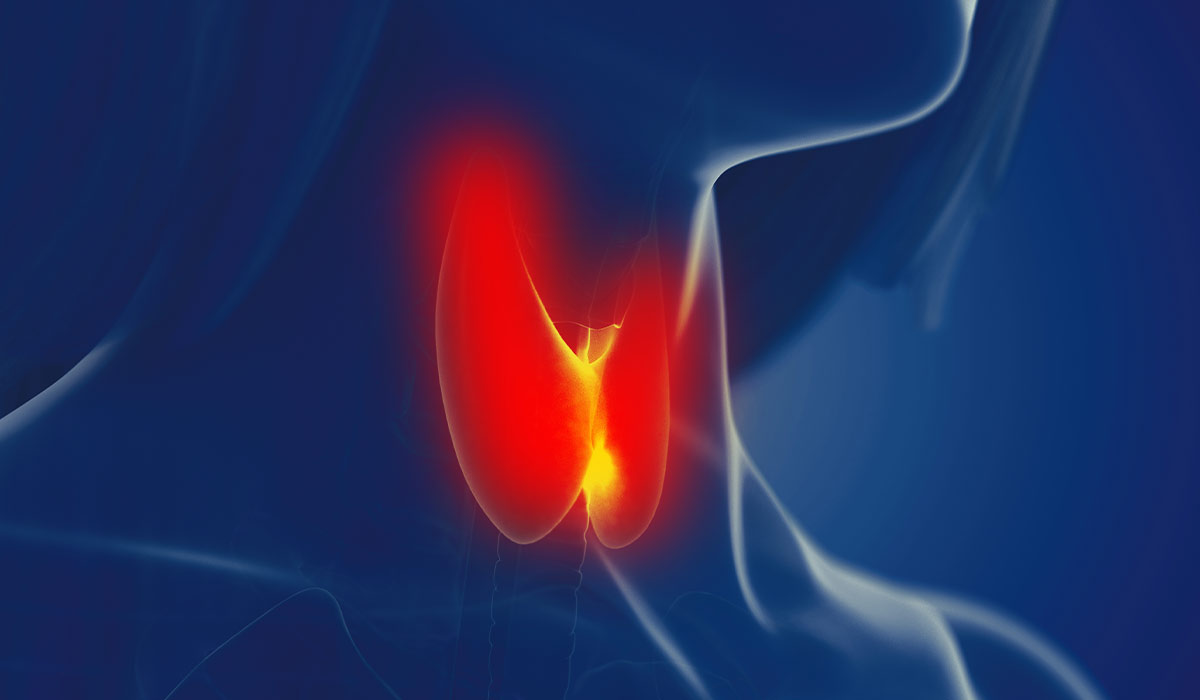It is also called mental fog. Brain fog is a complex phenomenon that requires a holistic approach to brain health, both in terms of treatment and prevention. Persistent or recurring brain fog significantly reduces the comfort of everyday life. Therefore, to alleviate its symptoms, it is recommended primarily to change to a healthy lifestyle.
It may occur after an illness, as a side effect of a medication, or as a manifestation of an underlying disease. A healthcare provider will help diagnose what’s generating brain fog to help you feel better.

Symptoms
The most typical manifestation of brain fog include:
- Problems with concentration
- Trouble with focusing
- Fatigue
- Temporary memory problems
- Lack of motivation to take action
- Migraine
Remember that certain factors can worsen brain fog, such as dehydration, lack of sleep, a sedentary lifestyle, stress, and an unhealthy diet. Individuals with neurological conditions like Alzheimer’s disease and those who have suffered strokes or mechanical injuries to the nervous system are more susceptible to experiencing brain fog.
Diagnosis
While brain fog doesn’t typically require diagnostic imaging, people who have had COVID-19 and exhibit stroke symptoms should seek immediate medical assistance. Complications like ischemic or hemorrhagic strokes and venous sinus thrombosis can arise after a coronavirus infection, warranting a head MRI if these symptoms manifest.
Causes
The most common causes of brain fog include:
- Brain malnutrition – a diet rich in highly processed products that are easy and quick to prepare but lack the substances that are key to the proper functioning of the brain
- Dehydration – lack of the proper habit of drinking water. The brain is made up of nearly 80% water, and the consequences of dehydration first affect this organ, even with a small degree of dehydration
- Poor physical condition – overweight, obesity, or lack of exercise means the body does not function efficiently. It also hurts mental health
- Excess information – exercising the brain is necessary, but everything has limits. Being connected to information sources 24/7 will only cause more stress. It kills intelligence and creative thinking, as well as sleep deprivation. This point should be the first one if we speak about brain health. Even one night of sleep deprivation causes mental abilities to decline. Regular lack of sleep can cause permanent changes in the brain
COVID-19
The term brain fog gained attention during the COVID-19 pandemic, but it existed before the outbreak. It’s not a medical term but refers to diverse symptoms that influence cognitive function. These symptoms include impaired concentration, forgetfulness, communication problems, and alienation. After COVID-19, it also encompasses long-term fatigue, attention issues, and olfactory disorders lasting over three months.
Brain fog isn’t exclusive to COVID-19; it was reported before the pandemic. Numerous factors can contribute to it.
Pregnancy
During pregnancy, many women experience memory difficulties. They often struggle to recall words, names, and even the reason for their errands. Concentration can also be a challenge. These problems are sometimes referred to as pregnancy amnesia.
The leading cause of memory disorders during pregnancy is indicated to be the enormous hormonal changes occurring in the pregnant woman’s body (especially when it comes to estrogen and progesterone). The increasing level of these compounds affects the functioning of brain cells, which process information less well.
Symptoms of pregnancy amnesia usually disappear a few weeks after delivery.

Cancers And Their Treatment
Many people in cancer therapy, i.e., those undergoing chemotherapy, radiotherapy, hormone therapy, and surgical procedures, experience cognitive disorders. This condition is referred to as “chemobrain” or, more broadly, CRSD – cancer-related cognitive disorders.
Dysfunctions occur most often in patients with breast cancer. Still, they are also observed in patients with lung cancer, head and neck tumors, testicular cancer, lymphomas, multiple myeloma, prostate cancer, and after hematopoietic cell transplantation and carcinoid syndrome.
The most significant causes of cognitive disorders in cancer treatment include dysregulation of cytokines (proteins that play an essential role in the immune system). Cytokines’ levels negatively correlate with cognitive functioning—the higher the level of cytokines, the greater the problems with memory, attention, etc.
Memory and attention impairment can also occur during cancer itself, and this does not only apply to tumors that attack the brain and nervous system.
Menopause
Many women complain about deterioration of cognitive functions, including memory and concentration disorders, during and after menopause. These symptoms appear alongside mood disorders (irritability, anxiety, sadness, depressive episodes) or sleep problems.
And again, hormones, especially estrogen, are indicated as the main cause of the problems. The drop in the level of sex hormones in the body, which occurs during menopause, results in estrogen no longer being delivered to the brain. Meanwhile, studies have shown that areas of the brain involved in mood, behavior, and cognitive functions have a high concentration of proteins binding to estrogen.
Scientists, therefore, suspect that the cause of memory disorders in women is hormonal imbalance, including estrogen deficiency.
Chronic Fatigue Syndrome (CFS)
Chronic Fatigue Syndrome (CFS) is a complex disorder characterized by feelings of extreme exhaustion that last for at least six months.
Diagnosis
The CFS diagnosis is based on eight key signs, of which the patient must meet at least four. In addition to a persistent feeling of exhaustion, these include:
- Memory or concentration problems
- Enlarged lymph nodes in the neck or armpit
- Headaches that are varied than usual and of different intensity
- Pain that moves from one joint to another without swelling or redness
- Unrefreshing sleep
- Unexplained muscle pain
- Sore throat and hoarseness
- Extreme exhaustion that lasts longer than 24 hours after physical or mental exertion
Depression
Brain fog signs in depression are clinically referred to as cognitive dysfunction. Not every individual with this condition will experience the exact symptoms or with identical intensity.
Depression has diverse impacts on the brain, and brain fog can manifest as:
- Difficulty paying attention
- Challenges with memory
- Trouble with executive functioning
- Delayed reaction times
Other possible manifestations of brain fog can involve:
- Problem with verbal communication (transparency, conciseness, and organization)
- Feeling absentminded
- Not being able to follow instructions
Diagnosis
To obtain a depression diagnosis, a specialist tries to determine at least five out of nine standard signs. These symptoms must be present for most of the day, most days, for at least 2 straight weeks.
Those depression signs include:
- Low mood (sadness, hopelessness, emptiness)
- Decreased capacity to enjoy everyday or special activities
- Low energy and motivation
- Changes in appetite (eating more or less than standard)
- Changes in sleep habits (sleeping more or fewer hours than usual)
- Changes in movement practices (moving slower or quicker than typical)
- Cognitive challenges (like brain fog)
- Thoughts of self-harm and death

Some Medications
Some types of medications – both over-the-counter and prescription – can cause brain fog. If you notice that your thinking is not as clear or fast as it should be while taking a particular medication, or you suddenly forget something, contact your doctor. Be sure to inform them about all the medications you are taking.
Management
No medicine yet will allow you to get rid of this condition effectively. However, the problem has become so common that it has resulted in the creation of many support groups on social media for people struggling with brain fog.
Fighting it isn’t easy because the condition can have many causes, and the diagnostics are broad. It involves assessing the patient’s mental and neurological condition and ruling out internal diseases – including hormonal disorders, anemia, vitamin and mineral deficiencies (e.g., vitamin D, iron), and electrolyte disorders.
Treatment depends on the diagnosis – from regulating the deviations found in laboratory tests through a healthy diet, supplementation of B vitamins, and recommending exercises that stimulate the mind and the right amount of sleep to psychotherapy.
Lifestyle Changes
Certainly, improving the general condition of the brain through lifestyle changes, e.g., changing the diet, increasing physical activity, and managing stress, can help many people recover faster. It is therefore important to take care of:
- Rest and adequate sleep – when choosing a bedtime, remember that the body regenerates most intensively between 10 and 11 p.m.
- Physical activity in the fresh air – moderate so as not to overload the cardiovascular system
- Proper hydration of the body – it is advisable to drink approx. 2 liters of fluids a day
- A healthy diet – meals rich in nutrients: vitamins and minerals (various vegetables with a predominance of dark greens, freshly squeezed fruit, and vegetable juices), omega-3 acids (e.g. linseed, wild fish), and B vitamins
- Avoiding chronic stress – short-term stress is completely natural, but chronic stress is very debilitating for the body
- Professional neurological or psychological help – if your symptoms make it difficult to function daily, do not delay visiting a specialist. Mental health of patients after COVID-19
Brain fog caused by a coronavirus infection is typically temporary. However, it can have various causes, and issues with focus, short-term memory, and feeling disoriented may persist or come and go for weeks, months, or even years. That is why it is so essential to consult a neurologist.
A deterioration in the quality of life can negatively affect your mental state and you should not be left alone with this, especially if anxiety depression, or even post-traumatic stress disorder appear. In such cases, take care of your mental health and seek the help of a psychotherapist.
Is Brain Fog A Permanent Phenomenon?
The occurrence of complications after coronavirus infection still raises many doubts. There is no clear way to determine whether some observed symptoms may prove permanent.
So far, it has been observed that problems referred to as so-called brain fog usually subsided, although the period for which they accompanied patients varied. Problems with concentration and fogginess may persist for several weeks and, in some people, even several months.
Sources
- What is brain fog?. NIH.
https://pubmed.ncbi.nlm.nih.gov/36600580/ - Understanding and Managing Brain Fog: for Young people Living with Fatigue Conditions. NHS.
https://www.uclh.nhs.uk/patients-and-visitors/patient-information-pages/understanding-and-managing-brain-fog - Brain Fog: A Bit of Clarity Regarding Etiology, Prognosis, and Treatment. NIH.
https://pubmed.ncbi.nlm.nih.gov/34714198/ - Shining a Light on Long COVID Brain Fog. NIH.
https://covid19.nih.gov/news-and-stories/shining-light-long-covid-brain-fog - The effect of pregnancy on maternal cognition. NIH.
https://www.ncbi.nlm.nih.gov/pmc/articles/PMC8190150/ - Memory or Concentration Problems and Cancer Treatment. NIH.
https://www.cancer.gov/about-cancer/treatment/side-effects/memory - Brain fog in menopause: a health-care professional’s guide for decision-making and counseling on cognition. NIH.
https://pubmed.ncbi.nlm.nih.gov/36178170/ - Understanding the Experience and Impacts of Brain Fog in Chronic Pain: A Scoping Review. NIH.
https://www.ncbi.nlm.nih.gov/pmc/articles/PMC10334862/ - Long COVID: Brain fog. NHS.
https://www.nhsinform.scot/long-term-effects-of-covid-19-long-covid/signs-and-symptoms/long-covid-brain-fog/ - Depression. NIH.
https://www.nimh.nih.gov/health/topics/depression - The Relationship Between Brain Fog and Medication Adherence for Individuals With Hypothyroidism. NIH.
https://pubmed.ncbi.nlm.nih.gov/34348493/ - Lifting the fog. NIH.
https://www.ncbi.nlm.nih.gov/pmc/articles/PMC9187342/
